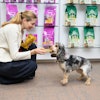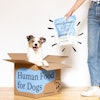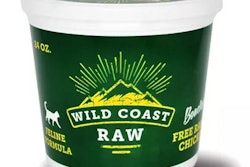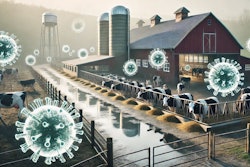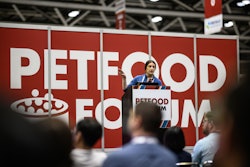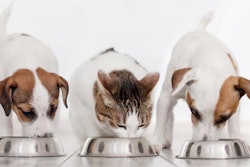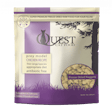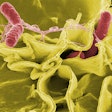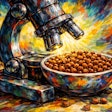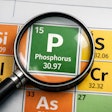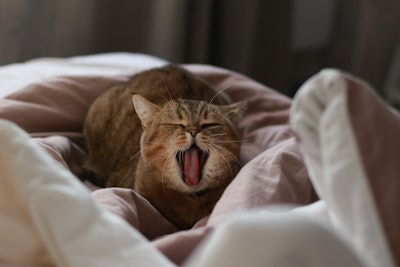
The Washington State Department of Agriculture (WSDA) has announced that at least two domestic, indoor cats in King and Snohomish Counties in Washington State have become infected with Highly Pathogenic Avian Influenza (HPAI), with more cats being tested.
According to WSDA, the pet owners reported feeding their cats potentially contaminated Wild Coast Raw pet food. One of the cats was euthanized due to the severity of the illness. The second cat is being treated by a veterinarian.
The Washington Animal Disease Diagnostic Laboratory (WADDL) reported the presumptive positive results of both cats with HPAI on Monday, February 24. WSDA received confirmatory results from the National Veterinary Services Laboratory (NVSL) Tuesday, February 25. Five cat deaths in Oregon from HPAI have been recorded, at least two involving the Wild Coast Raw pet food.
The contaminated pet food has been linked to severe illness in cats in Oregon in addition to the reports in Washington mentioned here.
The WSDA is continuing to investigate and monitor the situation and urges veterinarians and pet owners to report any additional illnesses potentially linked to the contaminated product. Currently, WSDA does not recommend feeding raw pet food or raw milk to animals.
“This is a difficult situation, we love our pets, and it’s devastating when they fall ill,” said WSDA field veterinarian Dr. Zac Turner. “If your cat is showing symptoms, consult a veterinarian as soon as possible.”
San Diego cat dies from suspected bird flu
In related news, California's San Diego County is investigating a suspected case of H5N1 in a house cat from East County. It was reported on February 26 that preliminary test results showed the cat, which got sick and died in mid-January 2025, was positive for bird flu. The indoor cat ate a raw pet food that is suspected to be the source of the infection, noted officials.
This is the first case of bird flu in a cat in San Diego County. Several other unconnected cases have happened in cats throughout the state, and all are suspected to be the result of eating raw food or raw milk.
The latest in a wave of bird flu in cats
This latest alert comes amid a broader national wave of bird flu infections in cats. More than 80 cases of domestic cats infected with HPAI have occurred in the U.S. since 2022. Most of these cases involved cats that lived outdoors and likely were in contact with infected wildlife or livestock. In late 2024, however, several instances occurred in which it seems that pet cats contracted the virus from raw pet food or unpasteurized milk.
In Los Angeles County, public health officials confirmed seven cases of H5 bird flu in cats and warned that more cases likely were not detected or tested in laboratories.
In Oregon, one allegedly indoor cat caught HPAI virus and subsequently died after eating Northwest Naturals raw frozen turkey pet food. Northwest Naturals has ended its voluntary recall of a limited production run of its frozen Feline Turkey Recipe following a comprehensive FDA audit in this case. The recall was initiated on December 24, 2024, after the Oregon Department of Agriculture (ODA) reported H5N1 contamination in an opened bag of the product, which was associated with the death of the cat. The audit found no evidence of H5N1 or HPAI in the facility, and the source of the alleged contamination was not identified. As a result, the status of the voluntary recall with ODA has been updated to “closed” and the recall has since been terminated.
In early February, it was reported that a human adolescent may have contracted bird flu from a pet cat, according to data from the Centers for Disease Control (CDC) that appeared briefly online. The opposite also may have occurred. The CDC data referred to a dairy worker who showed symptoms of highly pathogenic avian influenza two days before a cat in their household sickened and later died from the virus.
To date, there have been no documented human cases of HPAI following exposure to an infected cat or contaminated raw pet food products. The currently circulating strain of HPAI is considered low risk to the public, but there is greater risk for those who handle contaminated raw pet food products or who care for infected animals.

